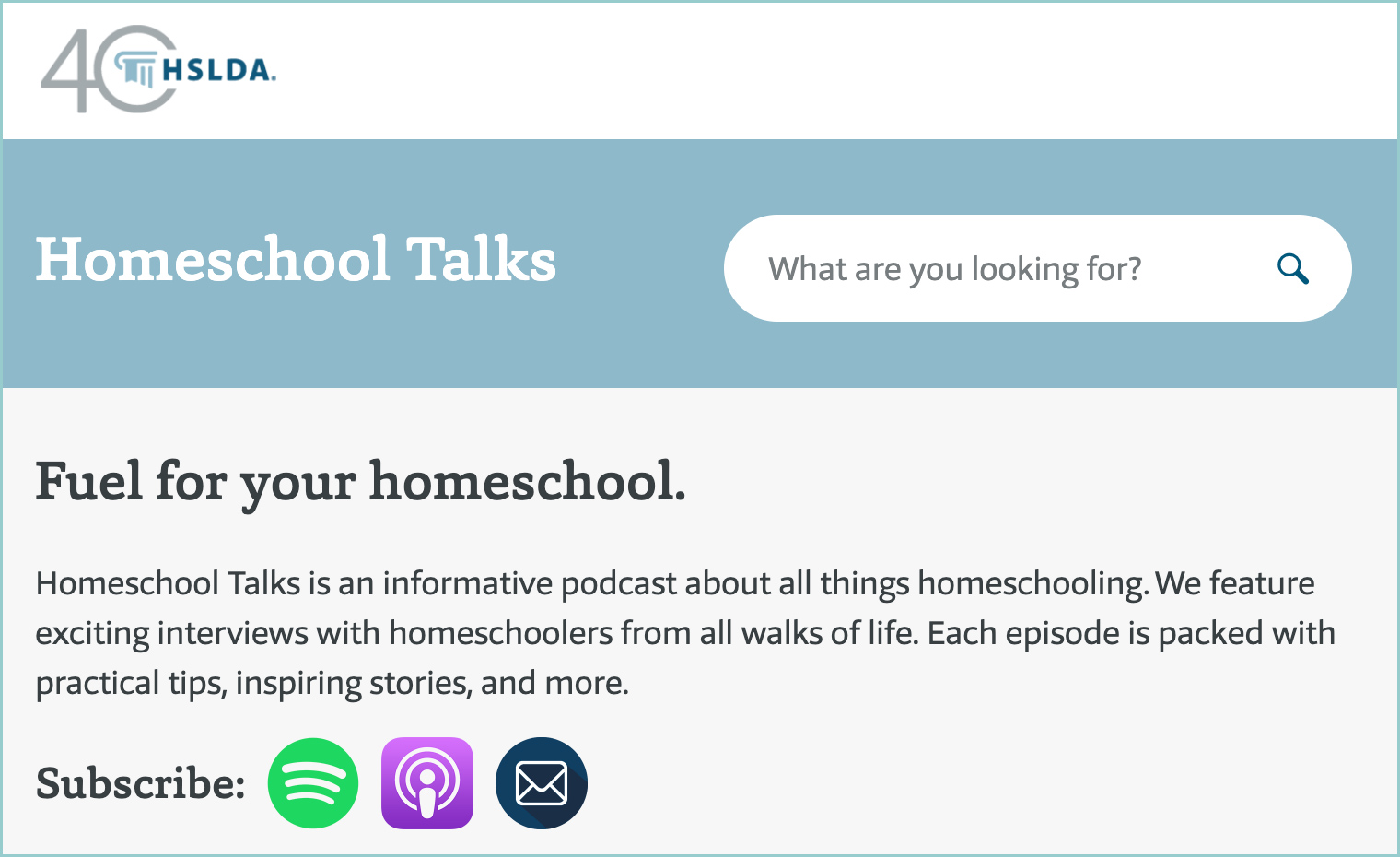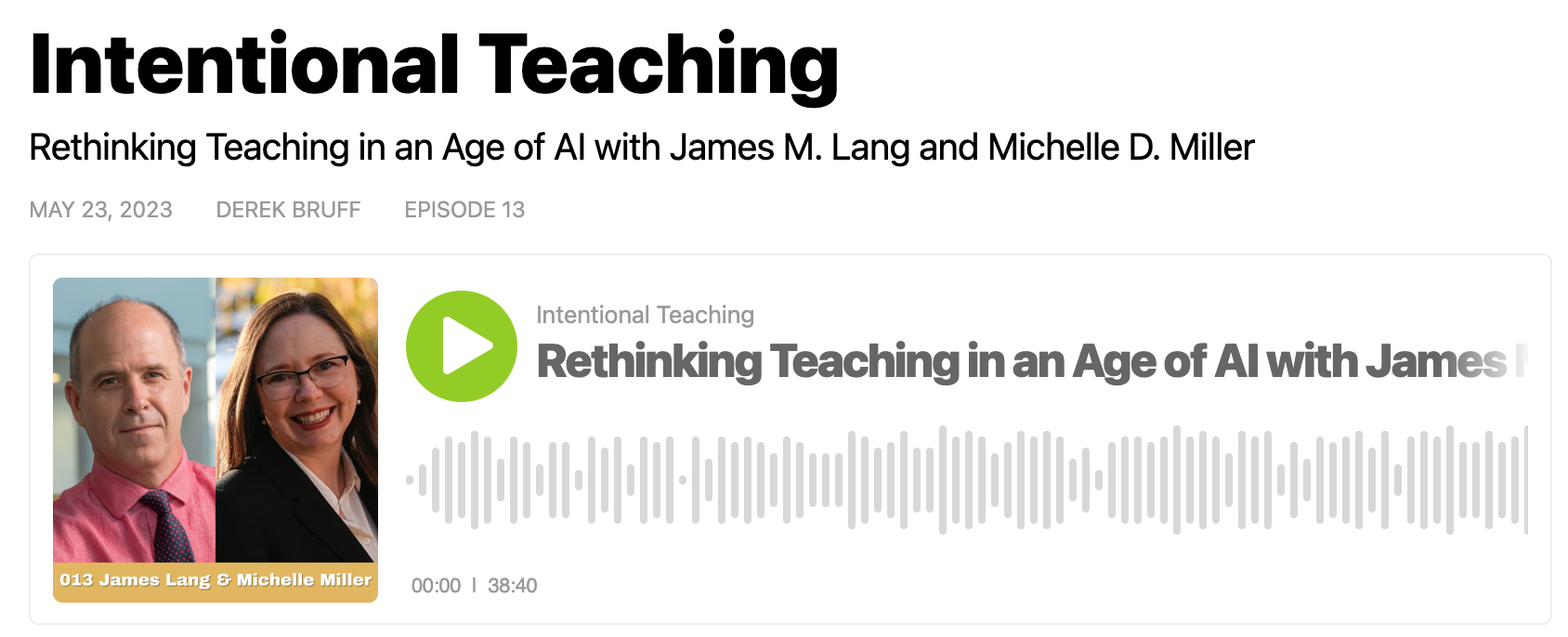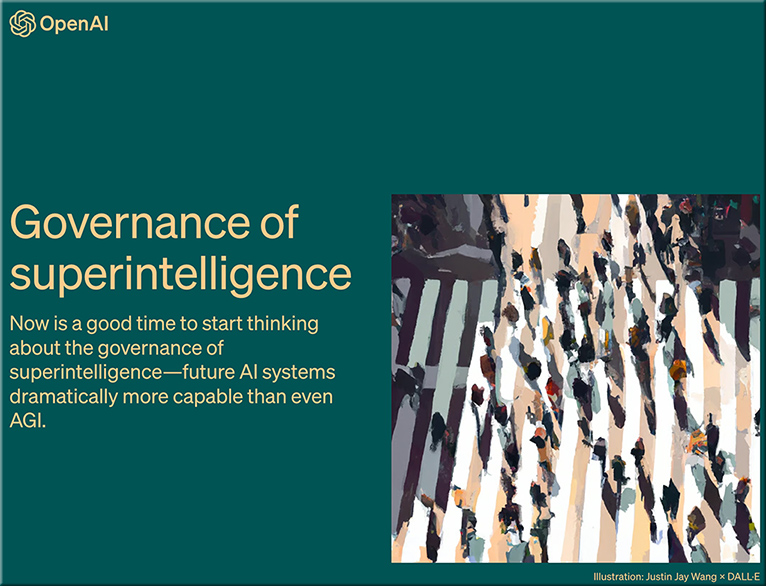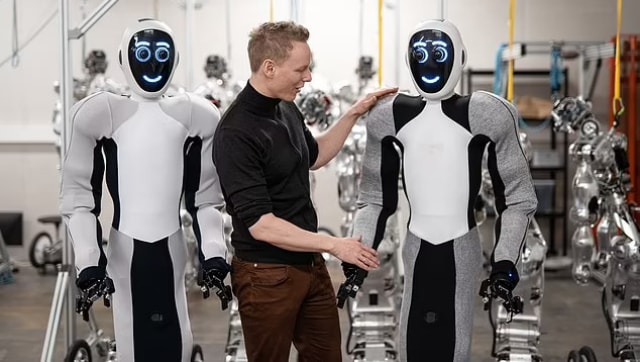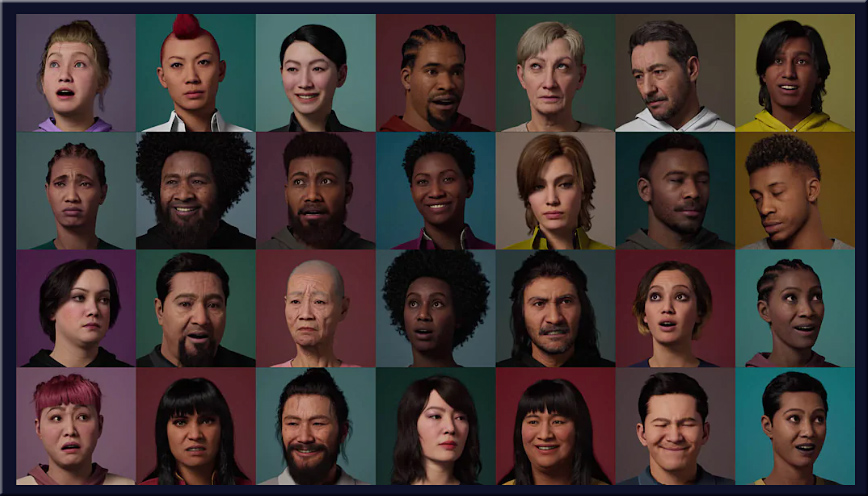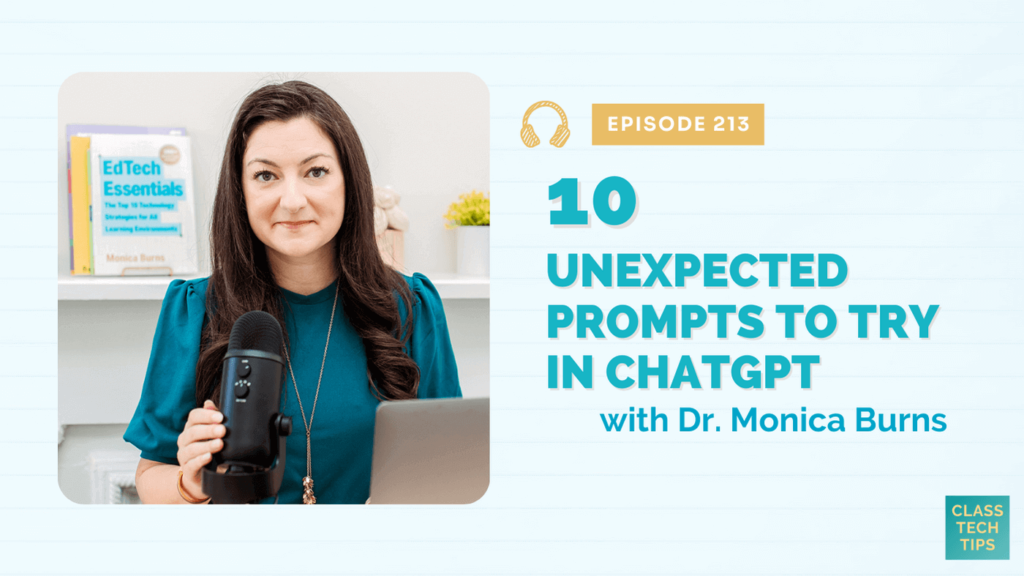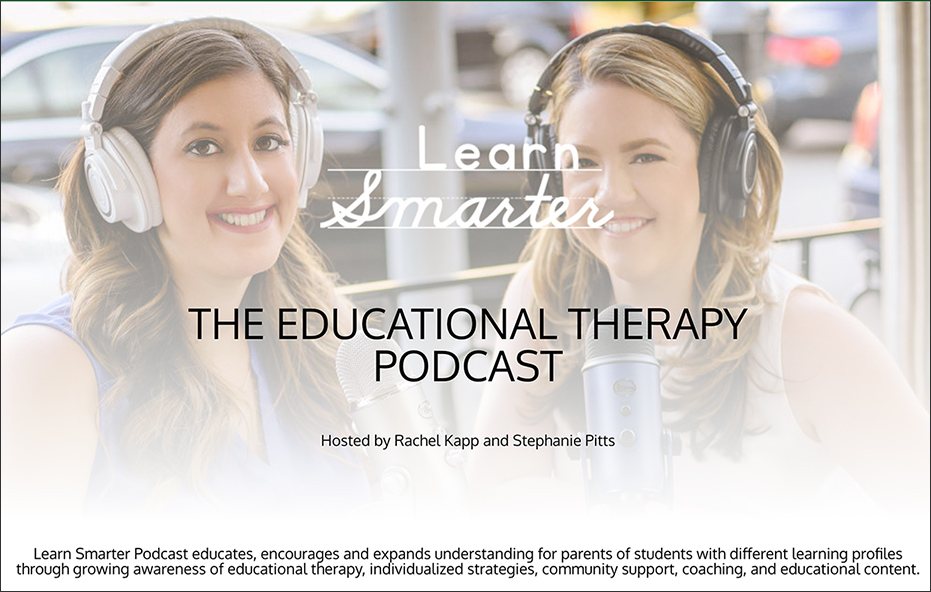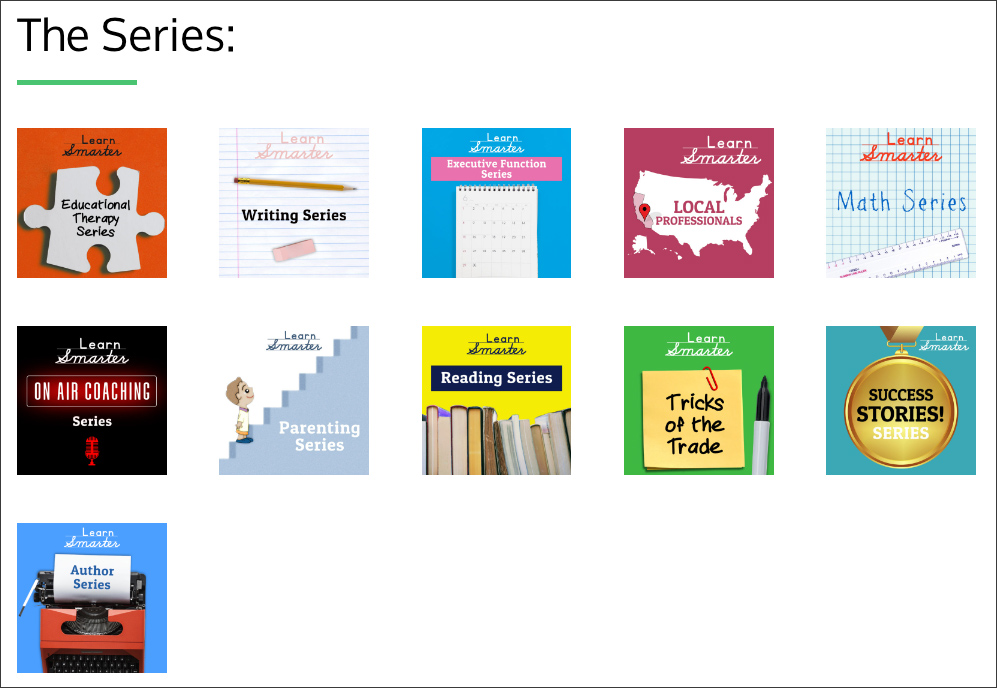Does the ADA Require Captions for Internet Videos? — from boia.org
Excerpt:
According to Accessibility.com, at least 2,387 web accessibility lawsuits were filed in 2022. Those lawsuits were either filed under the Americans with Disabilities Act (ADA) or California’s Unruh Act; any violation of the ADA is considered a violation of the Unruh Act.
While the plaintiffs cited a variety of issues, multimedia accessibility is a common point of concern. In 2015, the National Association of the Deaf (NAD) and other plaintiffs settled a lawsuit with Netflix, which cited a lack of captions for certain featured movies and TV shows.
That prompts an interesting question: Does the ADA require captions for internet videos — and if so, how can businesses make sure that they’re compliant?
267: College Learning Disability Specialist Elizabeth Hamblet and 7 Steps to College Success (Author Series) — from learnsmarterpodcast.com
Rachel Kapp, M.Ed., BCET, and Stephanie Pitts, M.Ed., BCET welcome back College Learning Disability Specialist Elizabeth Hamblet to discuss her new book 7 Steps to College Success: A Pathway for Students with Disabilities. She discusses the origin story of the book and the disconnect between what college disability services can do for learners and what learners and parents expect. She talks about reading this book when the learner is in 8th grade because of the specific impact it can have on parent and learner decisions on course selection. Elizabeth discusses how parents and learners can get surprised in the college disability process. Elizabeth talks about the critical importance of non-academic skills and how the drive for success in high school can stand in the way of independence necessary for college success.
What Web Designers Can Learn From Apple’s Assistive Access Feature — from boia.org
Excerpt:
If you’re interested in accessible digital design, pay attention to Apple. The company seems to approach accessibility from the perspective of users with disabilities.
Apple’s messaging treats accessibility as a fundamental design principle: Accessibility must be built into digital systems from the start, not tacked on as an afterthought. In other words, they take an accessibility-first mindset, and their commitment seems consistent.
The company’s track record continued in May 2023, when Apple announced its latest suite of accessibility features to launch later that year. One of these features, Assistive Access for iPhone and iPad, holds valuable lessons that web designers can apply to their own work.
Here’s what Apple accomplished with Assistive Access, plus a few ways web designers can achieve similar goals.









